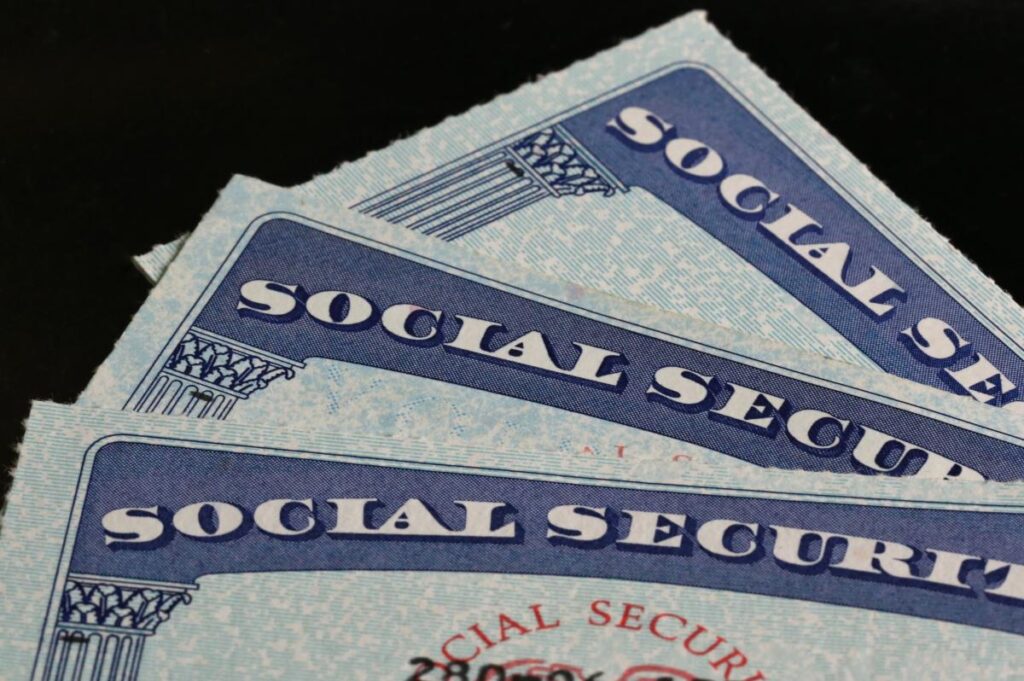A recent Social Security report projected that the combined retirement and disability trust funds will be depleted in 2035 but that there will still be money available to pay the reduced benefits, leaving unanswered the key question of how much benefit increase, or reduction, Americans can expect.
The longer Congress waits to fill the shortfall, the longer Baby Boomers and Gen Xers will be able to avoid tax increases and benefit cuts, while millennials will be the generation that will feel the greatest financial burden from Social Security reform.
“Further delays would have real costs: the burden of higher taxes and reduced benefits would be shifted entirely to millennials and those who follow,” said Alicia H. Munnell, director of the Center for Retirement Research at Boston University and author of a new report analyzing the program's funding.
'A big concern'
This will be a big blow to millennials (those born between 1981 and 1996, ages 28 to 43 this year), who are significantly slower than previous generations in saving for retirement because of student loan debt, Manel said.
“The lack of wealth among 30-something millennials compared to previous generations should be a major concern, as millennials are living longer and receiving less support from Social Security than previous generations,” Manell told Yahoo Finance.
More than seven in 10 millennials are already worried that their Social Security benefits will run out in their lifetime, according to Bank of America's Workplace Benefits Report.
Delaying the fix for Social Security “will erode public confidence in the foundations of the pension system and encourage people to claim benefits early in the hope of avoiding future cuts,” Manel said.
Half of Americans turning 65 this year are already retired and claiming Social Security, and about a third are doing so out of “fear of missing out” on benefits.
read more: How to find out your 2024 Social Security COLA increase
Avoiding “draconian benefit cuts”
In 2024, Social Security and Medicare trustees reported they now expect the program to fail, one year later than they predicted last year. This means that more workers are enrolled in the program because unemployment is low, the trustees said. There is still money available to pay benefits, but only 83% of what was promised to current and future recipients. In other words, without a solution, recipients could see a 17% reduction in benefits.
“Social Security reform is not a big deal,” Manel said. “The shortfall is only 1 percent of GDP, and the necessary reforms are within the bounds of fluctuations in other programs.”
Early reform would “expand choice, distribute the burden more fairly across generations and avoid draconian cuts to benefits,” she added.
For example, she said, if the reforms had been implemented in the early 1990s, baby boomers would have shouldered a larger share of the burden.
“Right now, the youngest baby boomers are 60 years old, so they will be unaffected by payroll tax increases and will almost certainly be protected from benefit cuts,” Munnell wrote.
read more: What is the retirement age for Social Security, 401(k) and IRA withdrawals?
Millennials and beyond will “pay the full cost of improving Social Security”
If Congress doesn't act by 2035, the youngest members of Gen X will be 55, making them likely exempt from benefit cuts, according to Munnell's analysis.
“The good fortune bestowed on Baby Boomers and Gen Xers means that millennials and those who follow will have to foot the full cost of Social Security improvements,” Munnell wrote, which would require a tax increase of more than 4% or a 25% cut in all benefits.
There may be some good news, depending on how you look at it: Millennials no longer expect Social Security to exist, Lorna Sabia, head of workplace benefits at Bank of America, told Yahoo Finance.
They think holistically: “401(k) plans and Health savings account.“
They are wise to do so. Even if Social Security isn't cut, saving for the possibility of living longer in a world without traditional pensions is something everyone should consider.
“Americans need to realize that even without the cuts, Social Security would only replace a fraction of their current income,” said Mary Johnson, a policy analyst for Social Security and Medicare. “That amount would be roughly 40 percent for average earners and even less for higher earners. That's why you should save.”
“Can you live on just 40% of your current income?”
Kelly Hannon is a senior columnist for Yahoo Finance. She is a career and retirement strategist and author of “Taking control over 50: How to succeed in the new world of work. And, “You're never too old to be rich.” Follow her on X Kelly Hannon.
Click here for the latest personal finance news to help you invest, pay off debt, buy a home, retire and more.
Read the latest finance and business news on Yahoo! finance
.


